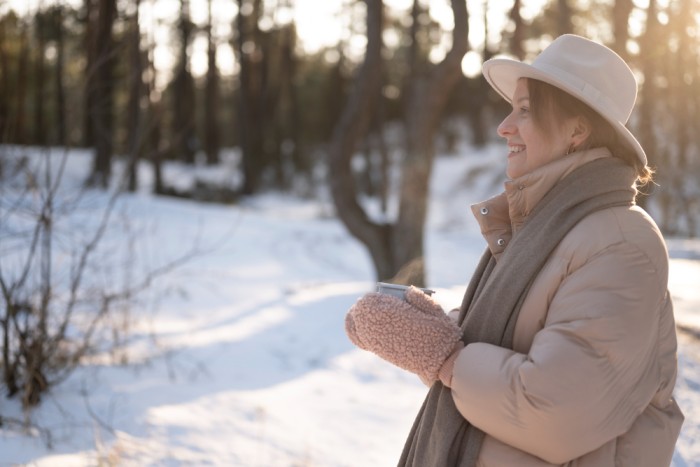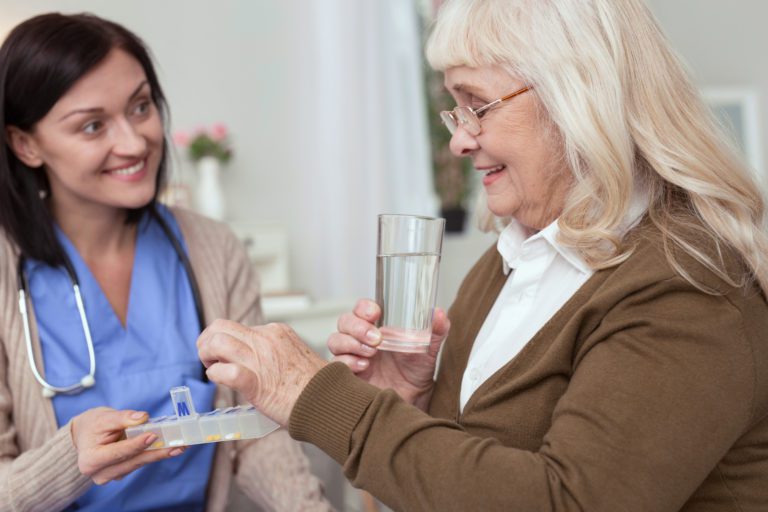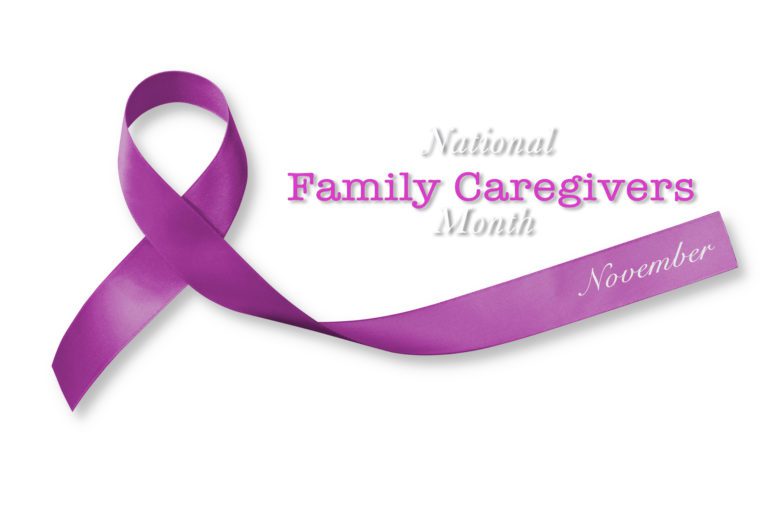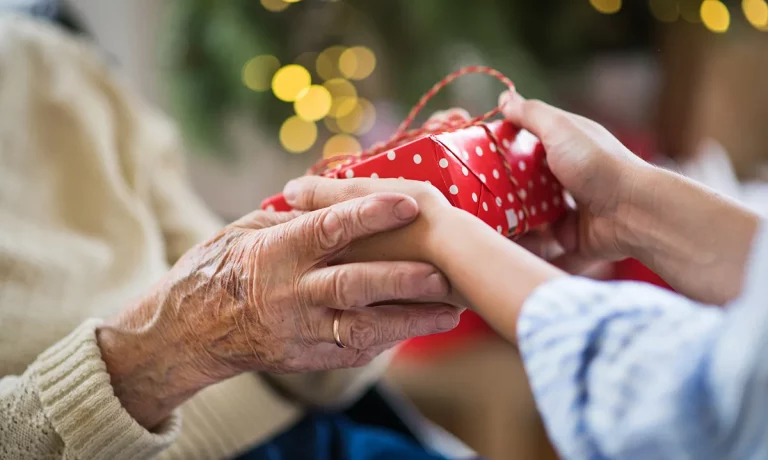As the winter chill descends, the safety and well-being of our cherished seniors become paramount. At From The Heart Home Care, we recognize the unique challenges posed by cold weather. In this comprehensive guide, we provide crucial insights and tips to ensure the utmost safety of seniors during the colder months.
Table of Contents
- Understanding the Risks
- Creating a Warm and Safe Environment
- Nutrition and Hydration
- Safe Outdoor Activities
- Regular Health Checkups
- Conclusion
Understanding the Risks
Cold Weather Vulnerabilities in Seniors
Seniors, due to factors like decreased metabolism and reduced circulation, are particularly vulnerable to the adverse effects of cold weather. It is essential to understand these vulnerabilities to develop effective safety measures.
Learn More: Why Is Personal Hygiene So Important for The Elderly?
Hypothermia and Its Signs
Recognizing the Signs of Hypothermia
Hypothermia, a potentially life-threatening condition, occurs when the body loses heat faster than it can produce it. Seniors may not always express feeling cold, making it imperative to promptly recognize symptoms such as shivering, confusion, and fatigue.
Creating a Warm and Safe Environment
Optimizing Indoor Temperature
Maintaining a warm indoor environment is crucial for senior safety during cold weather. At From The Heart Home Care, we recommend setting your thermostat to at least 68°F, ensuring living spaces are comfortably heated. Be vigilant about drafts and insulate windows to prevent heat loss.
Layered Clothing for Protection
The Importance of Layering
Encourage seniors to dress in layers to retain body heat efficiently. A combination of thermal undergarments, sweaters, and insulated outerwear can provide the necessary warmth. Don’t forget hats, gloves, and scarves to protect extremities.
Nutrition and Hydration
Fueling the Body for Cold Weather
Proper nutrition is key to maintaining body temperature. Ensure seniors have a well-balanced diet rich in nutrients. Additionally, staying hydrated is crucial, as dehydration can exacerbate the effects of cold weather.
Learn More: WHAT IS IN-HOME RESPITE CARE AND WHY IS IT IMPORTANT?
Hot Meals and Hydration Schedule
Encouraging Regular Hot Meals
Promote the consumption of hot, nutritious meals to boost internal warmth. Establish a hydration schedule, as seniors may not feel as thirsty during colder months, leading to unintentional dehydration.
Safe Outdoor Activities
Balancing Exercise and Safety
While outdoor activities are beneficial, safety is paramount. Encourage seniors to partake in gentle exercises to promote circulation without exposing them to extreme cold. Walks in well-maintained areas during daylight hours are ideal.
Navigating Icy Surfaces
Preventing Slips and Falls
Icy surfaces pose a significant risk to seniors. Ensure pathways are salted and cleared of snow to prevent slips and falls. Provide sturdy footwear with good traction for added stability.
Regular Health Checkups
Monitoring Senior Health
Regular health checkups are essential, especially during the winter months. Keep an eye on any changes in health and promptly address concerns. Stay in close contact with healthcare providers to ensure seniors receive the necessary care.
Flu Vaccination and Cold Prevention
Prioritizing Vaccinations
Immunizations, particularly flu vaccinations, are crucial for seniors. Preventing illnesses that are prevalent during the colder months is key to maintaining overall health and well-being.
Learn More: How to increase sodium levels in the elderly naturally?
Conclusion
At From The Heart Home Care, we prioritize the safety and well-being of seniors during the cold weather. By implementing these strategies, you can create a secure environment for your loved ones. Remember, a proactive approach to senior care in winter ensures a season filled with warmth and joy.







